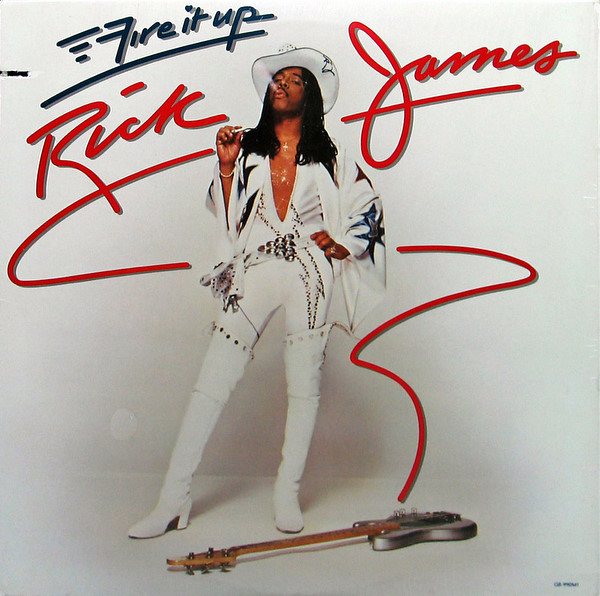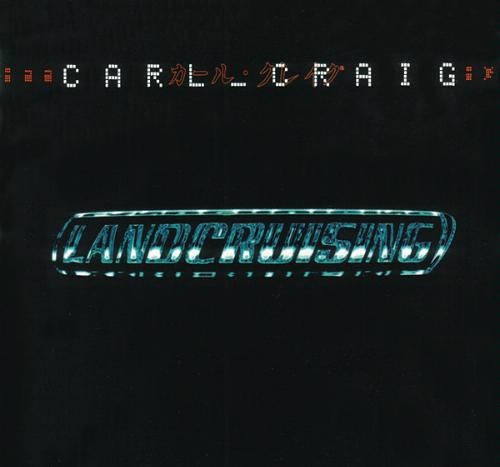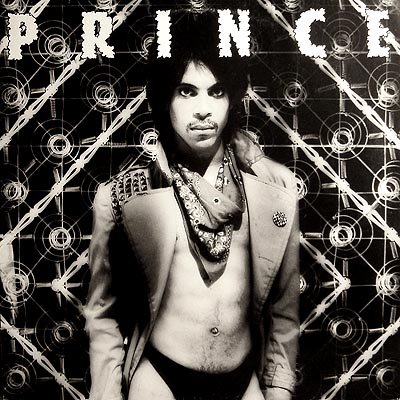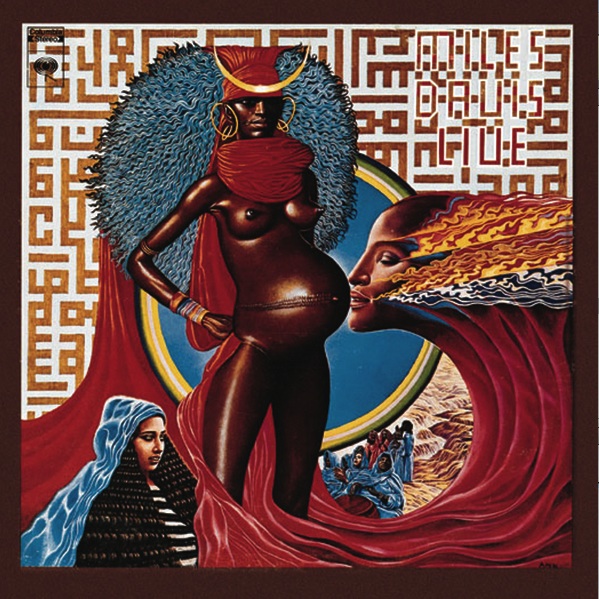Coming together in Bridgeport, Connecticut in 2009 after having played supporting roles for numerous other bands and artists, guitarist/vocalist Jeff Gitelman, bassist/keyboardist/vocalist Daniel Edinberg, and drummer/vocalist Tim Walsh formed The Stepkids as way to “really get back to the nucleus of why we play music to begin with, to go back to the art,” as Gitelman explains. Threading strands of jazz, funk, 70’s rock, and R&B into some modern amalgam of psychedelic soul, the band stacks genres like building blocks, creating a network of interrelated sounds and musical ideas. Whenever they get together in the studio, a kind of restless energy takes over and the result is a collection of rhythms and melodies that defy categorization, while still sounding indicative of their respective genre influences.
On their latest album, Troubadour (out now on Stones Throw), the band opted to record on an analog reel-to-reel as opposed to a digital recorder. Forging the loops and sample-based mechanisms of many of their peers, The Stepkids prefer the spontaneous creation that comes from the natural interplay between all three members. Gitelman describes the reasoning behind this process: “When you play a song all the way through together, you never play it the same way twice, and that’s the stuff that really excites us. We’re able to come up with humanistic approaches that no machine will ever be able to do.” The record follows the disconnected adventures of the titular character as he deals with love, the hardships of trying to maintain a healthy relationship on the road, and the perils of trying to remain creatively and commercially viable in a crowded marketplace. It’s a zigzagging musical travelogue through a handful of genres and a story that “anyone can find themselves in,” according to Walsh.
We spoke with bassist Daniel Edinberg recently about some of the records which helped to shape the recording sessions for Troubadour – not to mention that these are some of his favorite records. From the cathartic improvisation of Miles Davis to the sweaty sexuality of Prince and electronic experimentation of Pantha Du Prince, Edinberg traces out the roots of his influences while also giving us a quick glimpse into the inner workings of their latest record. It’s fascinating to see how each of these influences managed to sneak into the songs on Troubadour and how the band has ingeniously reshaped them. Check out his full list below in the latest installment of our On Deck series.
Rick James really had his sound and vocal character down cold on this record. “When Love Is Gone” is one of my favorite Rick James songs of all time – his vocal performance is so emotional. He took flamboyance to new heights and was a true crossover artist.
My current favorite techno album. From start to finish this is a masterpiece. It is atmospheric, experimental, but at the same time primal with its pulse. Detroit techno is such a natural outgrowth from funk and this record shows how far it all evolved by the mid 90s. Quite a few of the tracks still sound modern.

Pantha Du Prince – Black Noise
We reference our mixes in the studio to this record quite often. Pantha Du Prince successfully combines live instrumentation with modern electronics to create a truly broad sound. This album is meant to be appreciated with a hi-end speaker system, but it sounds great anywhere. That should be the goal with mixed music and this album truly succeeds at it. The composition is spot-on too – works on the dance floor or in the living room.
Every song in this album is sung falsetto. All the lyrics relate to the album concept. The music has one distinct sound through the whole thing and the parts are impeccably played and composed. Who else does this? There will never be another artist like Prince.
Jack Dejohnette playing as ferociously as possible. Keith Jarrett going ballistic on the Rhodes. Dave Holland on the bass. John McLaughlin – ’nuff said. Hermeto Pascoal’s 2 compositions making for some of the best ambient music ever recorded. Double disc’s worth of music. Jazz-rock at its purest. This album showed us how jazz music, the music we were all brought up playing, could cross over to make new styles never before created.
The Stepkids’ latest album, Troubadour, is out now on Stones Throw Records.






